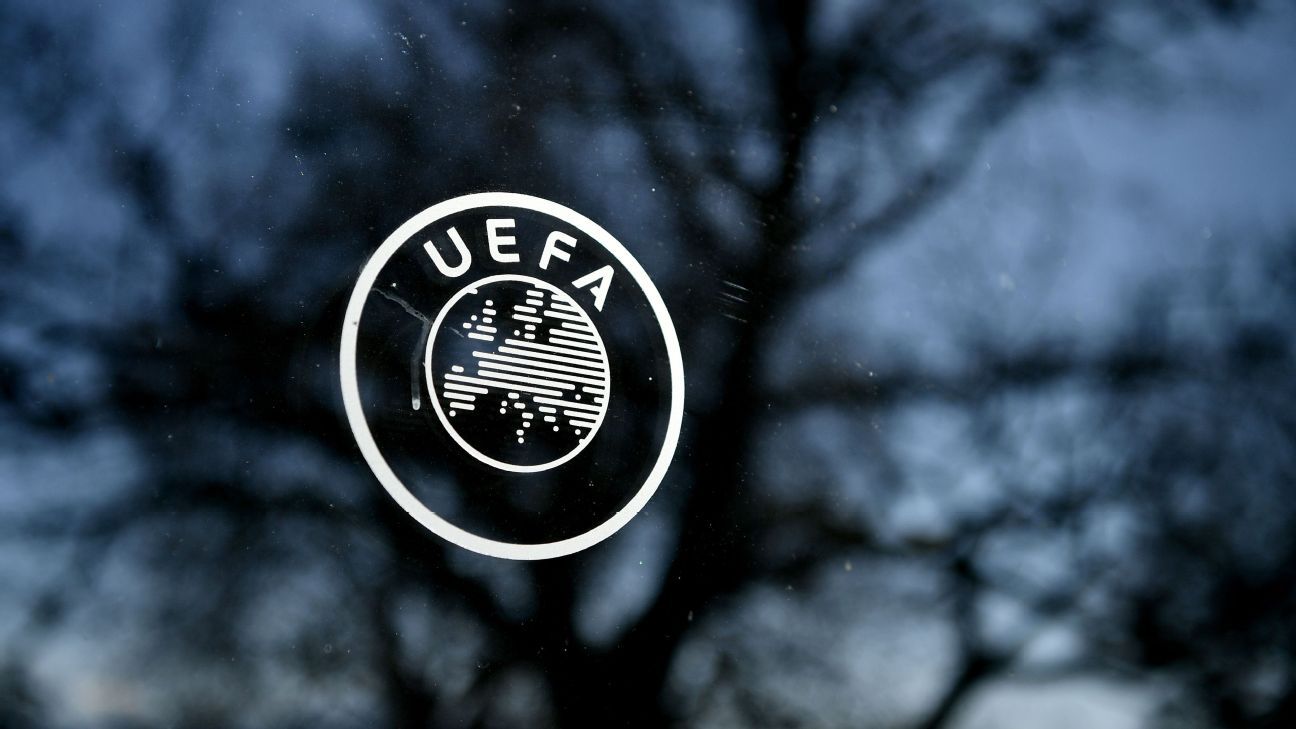
Thirty-six years on, Britain’s Olympic 3000m silver medallist recalls her Los Angeles Games experience
The 1984 Los Angeles Olympic 3000m final is one of those races that sticks in the memory but often for the wrong reasons. The local favourite, Mary Decker, fell in a tangle with Britain’s Zola Budd. The winner was Romania’s Maricica Puică, with GB’s Wendy Sly securing the silver.
Sly had finished third in her heat in 8:58.66, while Decker won her heat in 8:44.38, an Olympic record which lasted about half an hour until Puică broke it in the third heat.
Sly recalls being happy with her performance. “I had run comfortably in the heats and I’d watched Mary run pretty hard in the heats, perhaps buoyed up by the crowd,” she says.
Sly stepped on the start line for the final two days later, “quietly confident that only I could mess it up”.
She adds: “I knew that I had to make the most of the opportunity, being in an Olympic final and in that kind of shape.”
After four laps of the race, Budd led from Decker with Sly and Puică just behind as that group of four had broken away. Then Decker and Budd clashed, leaving Decker on the ground. Decker was out of the race and Budd was soon dropping back, to eventually finish seventh. Sly was shocked that the crowd was booing as she and Puică fought it out, as if Decker’s fall was their fault. Sly led at the bell but was overtaken by Puică with 200m to run. The Romanian set another Olympic record of 8:35.96, with Sly second in 8:39.47.
“I knew that I had to make the most of the opportunity, being in an Olympic final and in that kind of shape”
“At the time I was very excited to have achieved what I could achieve,” Sly reflects. “I was disappointed to have missed out on the gold, probably due to a misplaced effort with two laps to go.
“I tried to run as fast as I could for the last two laps and perhaps I ran a bit too hard for the first part of that. Thinking that Mary had gone off – I didn’t actually see her on the infield at all – I felt I had to run as fast as I could. So, I was initially disappointed that I hadn’t won gold.”
Sly recalls clearly her meeting with the British press after the race. Expecting to be congratulated on her silver medal as the first British female middle-distance medallist since Ann Packer in 1964, she was surprised that the first question was: ‘did you see what happened?’
Now, “older and wiser”, she says: “I’m just grateful that people remember it at all! I’m not Olympic champion, I didn’t win gold, so I feel grateful and privileged that people can still remember the race and me running.”
In 1985 Sly was injured and not able to run, which was a major frustration as she had been in good shape and training well before the injury.
“I would love to have been part of that season and the Mary Decker and Zola Budd rematch events, of which there were several,” she says. “Where would I have finished in those races? Heaven only knows. I think I would have won some and lost some but it would have been some great racing.”
The 3000m was the longest race for women at the 1984 Olympics, while the 10,000m was introduced in 1988 and 5000m replaced the 3000m in 1996, which begs the question, what would Sly’s best distance be, had the full range of races been available?
“I ran a couple of 10,000m races on the track. 10,000m runners will tell you that you have to learn to race the 10km on the track. I’d run 31:29 on the road and some pretty decent 10km races on the road, so I think I would have been a good 10,000m track runner, once I had learned the event,” Sly explains.
“…at that time I was a victim of that rather old-fashioned thinking”
“I would love to have done a marathon but physiologically I’m quite injury prone, so I would have had to have been careful with the training. Back then we didn’t get the strength and conditioning support, physiotherapy and massages that athletes get nowadays. So my hesitancy about the marathon is whether I could have made it to the start line because of my vulnerability to injury.
“I like to think I could have been a good 10,000m runner. I ran 31:53 having only run one or two before that. And, of course, it was a pretty new event at that time.
“I qualified for both the 3000m and 10,000m for the 1988 Olympics,” she adds, “but to show how things have changed, the selectors wouldn’t pick me for both because they didn’t think I was capable of running two 3000m races and then a 10,000m.
“Of course, the generation of women athletes who followed on – Liz McColgan, Paula Radcliffe, etc. – showed that it can be done. But at that time I was a victim of that rather old-fashioned thinking.”















 Phone: (800) 737. 6040
Phone: (800) 737. 6040 Fax: (800) 825 5558
Fax: (800) 825 5558 Website:
Website:  Email:
Email: 






